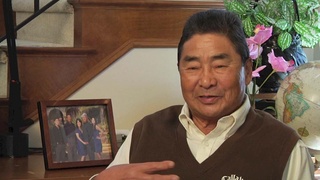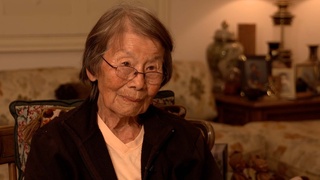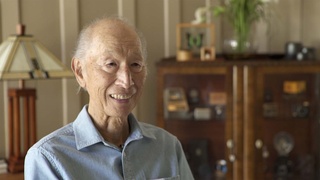Interviews
Investigating labor movements in Japan
One benefit I derived from that experience was that I started to study Russian. I was able to speak some Russian, I still know a few words like “(Russian)”. But the final outcome of the investigation when I left in May 1947, was that the Russian or Communist movement among the labor unions was not that effective. One thing I realized of course later on, but I realized was that the Japanese, unlike the Americans, are not overly concerned or excited when they hear communism. Communism to them is just another ideology. But they were confident that the Japanese would not accept communism. There were a few in Japan. There's a communist party. But not the masses. They were confident that they would not accept communism. Unlike America. Americans are red hot when they hear communism.
Date: May 29, 2006
Location: Hawai`i, US
Interviewer: Akemi Kikumura Yano
Contributed by: Watase Media Arts Center, Japanese American National Museum








